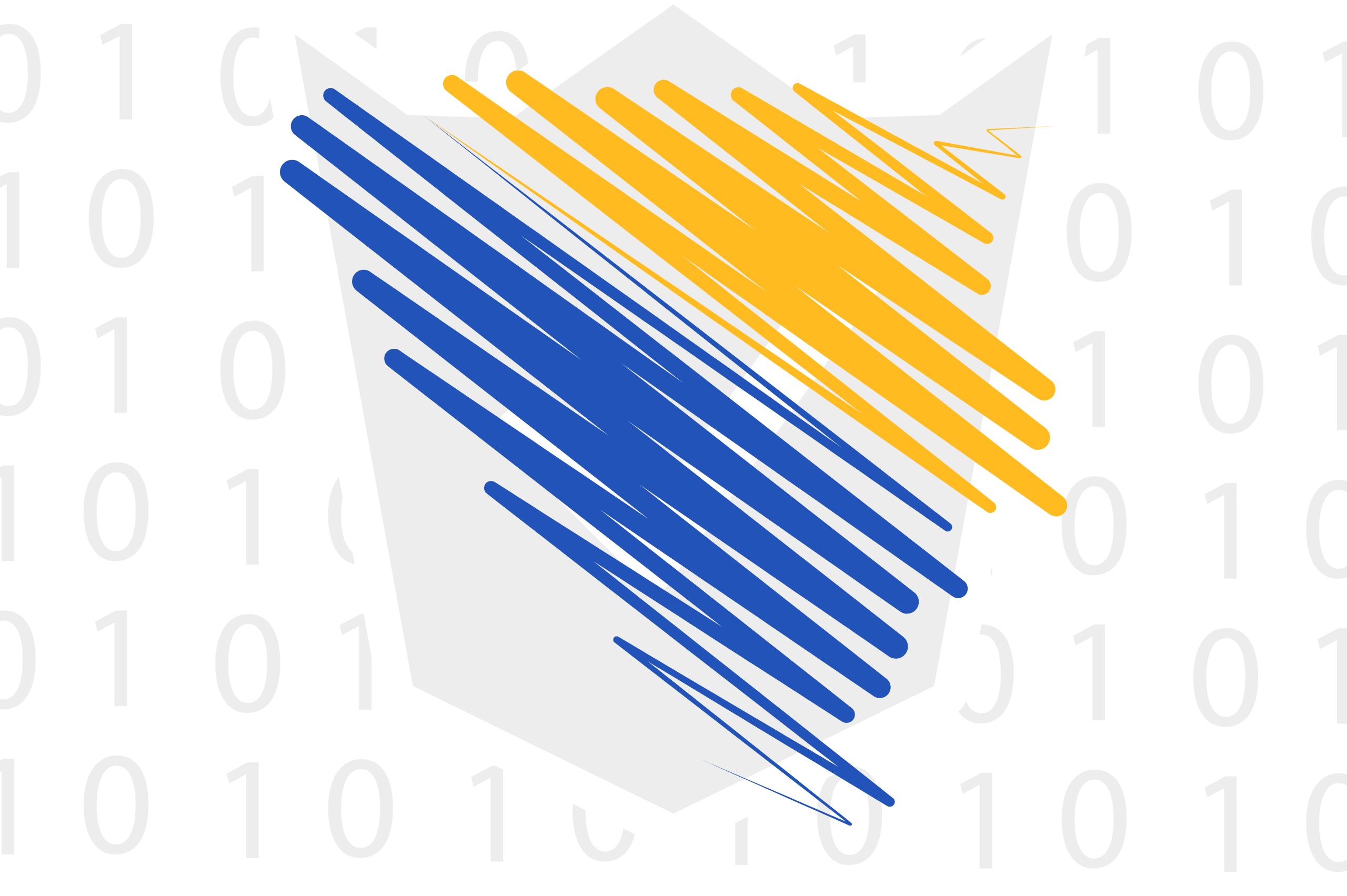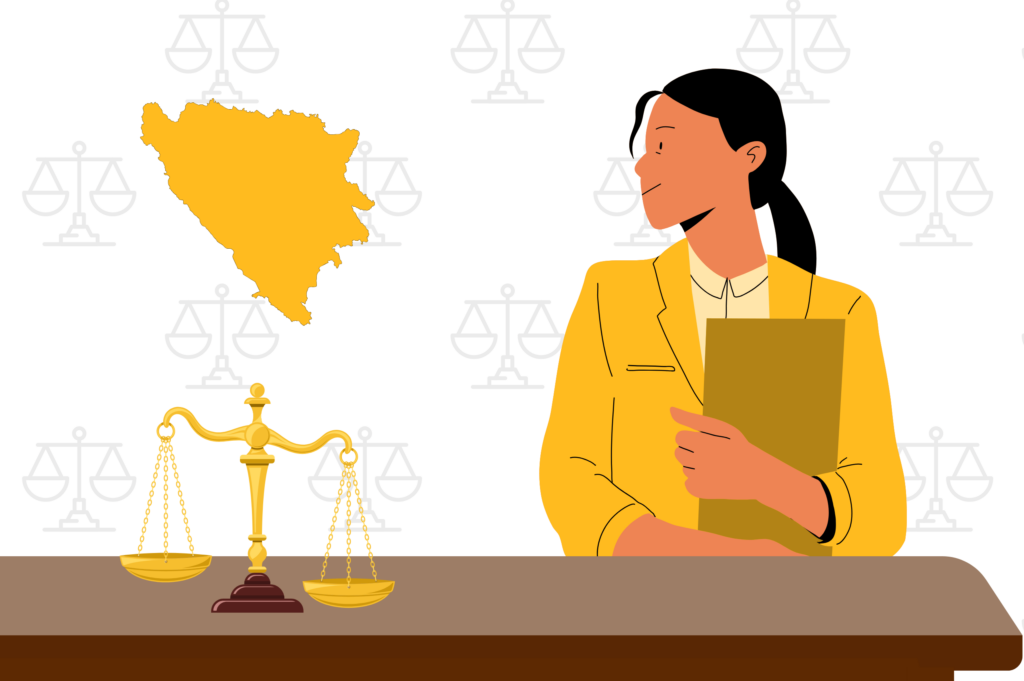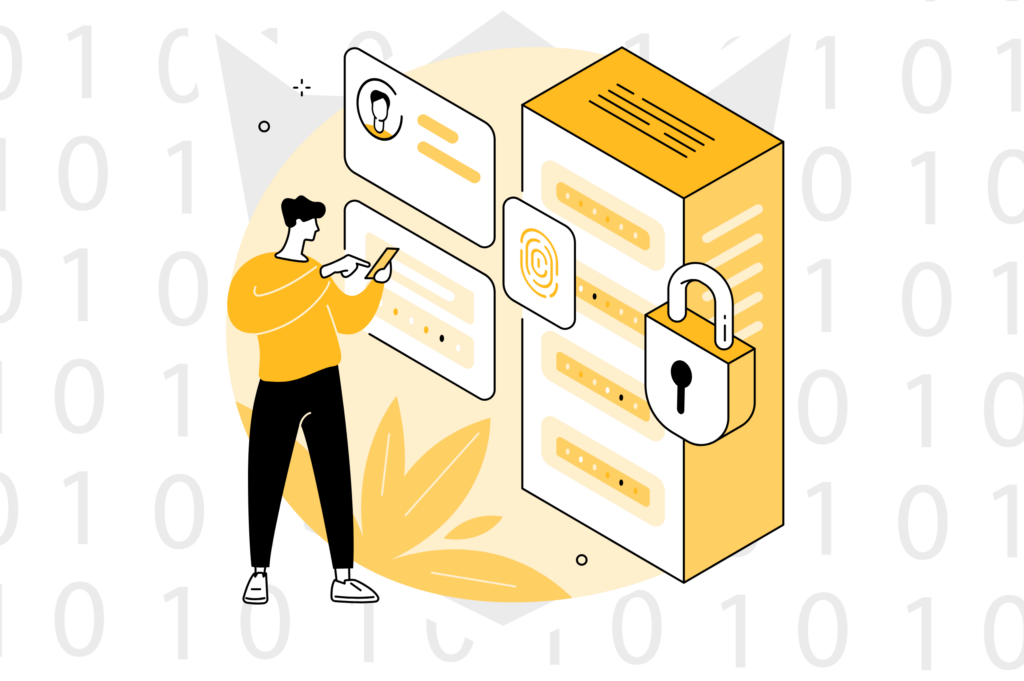
In an increasingly digital world, the protection of personal data is critical. However, recent incidents in Bosnia and Herzegovina (BiH), such as the exposure of thousands of citizens’ personal details online, reveal significant weaknesses in the country’s data protection framework. This highlights the need for stronger legal enforcement and public awareness about the risks of data sharing.
The Legal Landscape: Protection or Illusion?
Bosnia and Herzegovina’s primary legislation on data protection is the Law on Personal Data Protection, enforced by the Personal Data Protection Agency. This law is designed to regulate how personal data is collected, processed, and stored, with provisions for penalties, including fines and imprisonment for violations. Additionally, the Criminal Codes in Bosnia and Herzegovina criminalizes unauthorized access, disclosure, and misuse of personal data to a different degree. Depending on the severity of the breach, offenders can face imprisonment ranging from six months to five years, especially if the breach causes significant harm.
Despite this framework, enforcement remains a challenge, and citizens’ data is frequently at risk due to inadequate oversight and public awareness.
The Real Risks: What Happens When Your Data Is Compromised?
Many citizens unknowingly compromise their own privacy by sharing personal data online without understanding the risks. This often occurs on social media, through online forms, or via insecure websites. Here’s how these actions can backfire:
- Identity Theft: Cybercriminals can use seemingly harmless details, like your birthdate or address, to steal your identity, open bank accounts, or apply for loans in your name, leading to severe financial and reputational damage.
- Financial Fraud: With enough information, fraudsters can access bank accounts, make unauthorized purchases, or sell your data on the dark web, causing potentially devastating financial losses.
- Phishing and Social Engineering: Knowledge of your personal details can enable scammers to craft convincing phishing attempts, tricking you into revealing even more sensitive information, such as passwords or credit card numbers.
- Privacy Violations: Once data is shared, it’s difficult to control its spread. Companies may collect more data than necessary, often sharing it with third parties without your consent, leading to privacy violations and misuse.
- Uncontrolled Data Spread: Even if you delete information, copies may still exist online, making it impossible to fully regain control over your personal data.
Citizens often contribute to these risks by being lax about the data they share. Whether it’s agreeing to terms and conditions without reading them or oversharing on social media, these actions perpetuate a cycle where personal data is easily exploited. This not only endangers individual privacy but also contributes to a broader culture of data misuse.
Taking Legal Action: Leveraging Legal Protections
Citizens in Bosnia and Herzegovina have several legal avenues to protect their personal data:
- Reporting to the Personal Data Protection Agency: Individuals who believe their personal data has been mishandled can file a complaint with the Personal Data Protection Agency. The agency has the authority to investigate violations, impose fines, and enforce corrective measures.
- Involving Law Enforcement: For more serious breaches, particularly those involving identity theft or financial fraud, individuals should report the incident to local law enforcement. The Criminal Codes in Bosnia and Herzegovina provides the framework for prosecuting individuals or organizations responsible for data breaches.
- Pursuing Civil Action: Victims of data breaches can also seek compensation through civil lawsuits. This option allows individuals to recover damages for any financial loss, emotional distress, or other harm suffered due to the breach.
By using these legal protections, citizens can hold violators accountable and help deter future data breaches. However, for these mechanisms to be effective, public awareness and access to legal resources must be strengthened.
Solutions: How to Strengthen Data Protection in BiH
To address these challenges, BiH needs to take several key steps:
- Strengthen Legal Enforcement: The Personal Data Protection Agency should be empowered with more resources to enforce the law effectively. Additionally, criminal laws should be more rigorously applied to deter violations and ensure that offenders face significant consequences.
- Public Awareness Campaigns: Citizens must be educated about the risks of sharing personal information and their rights under the law. Public service announcements, workshops, and educational programs can help raise awareness and promote better data protection practices.
- Implement Stronger Technological Safeguards: Organizations handling personal data should be required to implement advanced security measures, such as encryption, secure data storage, and regular audits, to prevent unauthorized access.
- Update Legal Frameworks: The legal framework should be updated to address new challenges in the digital age, with clearer guidelines on data processing, storage, and more stringent penalties for breaches.
- Establish a Rapid Response Mechanism: A coordinated response mechanism between the Personal Data Protection Agency, law enforcement, and affected organizations should be set up to quickly address data breaches, mitigate damage, and notify affected individuals promptly.
Protecting Your Data: A Shared Responsibility
While the state has a crucial role in protecting personal data, individuals must also take proactive steps. This includes being cautious about sharing personal information online, using strong privacy settings, and ensuring that websites are secure before entering any details. Awareness and vigilance are key to protecting personal data in an increasingly digital world.
Conclusion: The Need for Stronger Protections
The protection of personal data in Bosnia and Herzegovina is not just a legal formality—it’s essential for safeguarding the rights, privacy, and security of every citizen. The recent data breach highlights the urgent need for stronger enforcement of existing laws, better public education, and more robust technological safeguards. By addressing these issues and leveraging the full extent of the criminal law, BiH can better protect its citizens and ensure that their personal information remains secure in an increasingly digital world.


